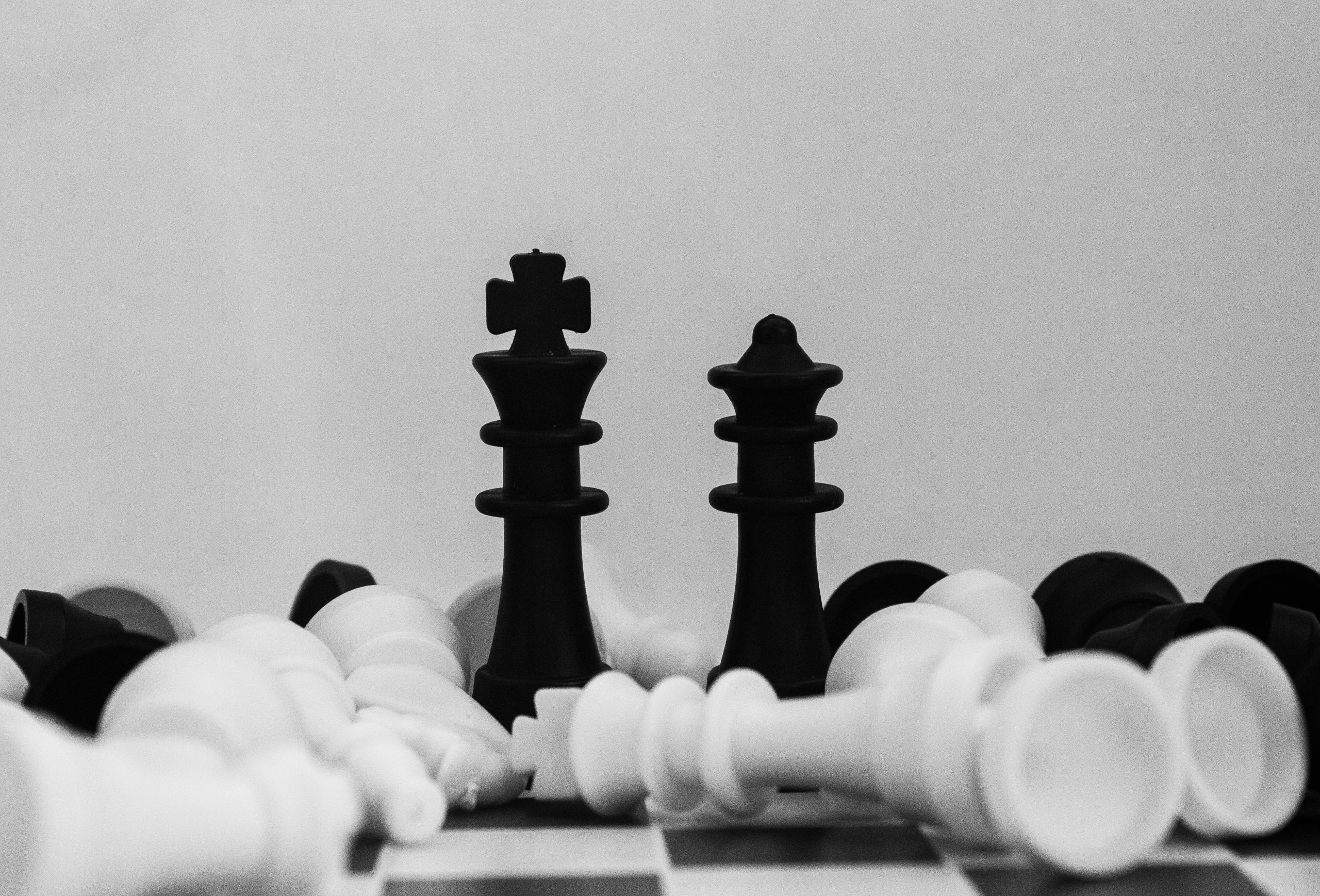How should parents and chess coaches respond to the triumphs and setbacks of their children and pupils when they compete in chess tournaments?
In regard to this intricate matter, this is my point of view. My top priority is to ensure that my son takes pleasure in all aspects of the chess experience, including playing the game, studying it, and participating in tournaments. There have been far too many occasions in which I have witnessed parents and coaches yelling at their children because of a losing game. It’s a shame that some of these children were so terrified that they couldn’t hold back their emotions. The exact same thing is true for a variety of other kinds of sports and academic fields as well.
It’s all part of the fun, whether you win or lose in the end. Regardless of the outcome, there are important life lessons that may be taken away by all youngsters. As a result, it is the responsibility of the children’s parents and coaches to inspire and encourage them to acquire knowledge and behave appropriately. The following are some recommendations that I have for the parents and coaches of young athletes:
Maintain your composure.
I can understand the frustration that is felt by parents and coaches whose children or students did not succeed. However, this is the time when kids will rely on you the most. It is not going to help, and it may even make the situation worse, if you scream, yell, or punch someone. The children are susceptible to feeling intimidated, which may prevent them from playing to the best of their abilities. In addition, they might begin to despise the game of chess or the activity of competing.
Remain courageous and be a source of support and encouragement
It’s wonderful to see your children and teenagers succeed. They should be congratulated. But even more support and encouragement should be given to them when they are unsuccessful. During this time, their mental state is at its most fragile, and they require reassurance from you that you continue to love and support them.
Ensure that it is entertaining and inspiring.
Keeping a young child’s attention and keeping it focused for an extended period of time is typically challenging for them. As a result, you should focus on the current game at hand and refrain from analyzing upcoming contests or opponents. Teach them to focus and concentrate on each move and each game, and then teach them to focus and concentrate on the next game after the current game is over.
A person’s rating is irrelevant.
The chess ratings are taking up too much time and mental space for far too many parents and coaches. It’s nothing more than a number.
Ratings are unimportant for children of this age, and they have a tendency to be distorted based on the locations of the children who provided them. In addition, many children now play chess on the internet, which allows them to improve their game in the time between tournaments even though their over-the-board rating may not accurately reflect this. Teach the younger players to focus on the role they are supposed to perform rather than the opponent. It is important to make sure that your children do not either overestimate or underestimate the competition.
Play chess according to the established norms.
Teach the fundamental rules of chess to your children so that they can compete successfully. In my column from the previous week, I went through some of the basic concepts of chess.
Do not get caught up in the past.
Every child will, at some point or another, perform poorly in a game. It is OK for you to briefly review the game in order to gain insight into your performance and improve in the future. However, you should not let your thoughts be consumed by the defeat. After the tournament is over, it is appropriate to do in-depth assessments of the games in order to get insight into the errors that were committed. The players need to put this game behind them and concentrate on the next one. In the next rounds, you should assist your children in relaxing and focusing their attention. It is counterproductive to let your frustration and anger after a loss consume you. In that case, it can have an impact on the upcoming games.
Make sure not to play too rapidly.
In all aspects of the game, it is important to teach your children how to effectively manage their time. A significant number of children compete at the same pace as their rivals. Don’t! You set the tempo of the game. Even when they are in a position to win, they should still take their time and be very mindful about falling into traps and being attacked from behind by their opponents. According to the proverb, something isn’t over until it’s over. Because of this, each and every move in each and every position is significant.
Conserve energy
I am aware of the difficulty associated with completing this task. However, you should make an effort to assist your children in managing their energy. Many youngsters have the desire to be physically active during playtime. That is fine, but please refrain from doing so 15–30 minutes before the round. They need to clear their heads, get some exercise, breathe in some new air, and focus on the next conflict before they go into it.


